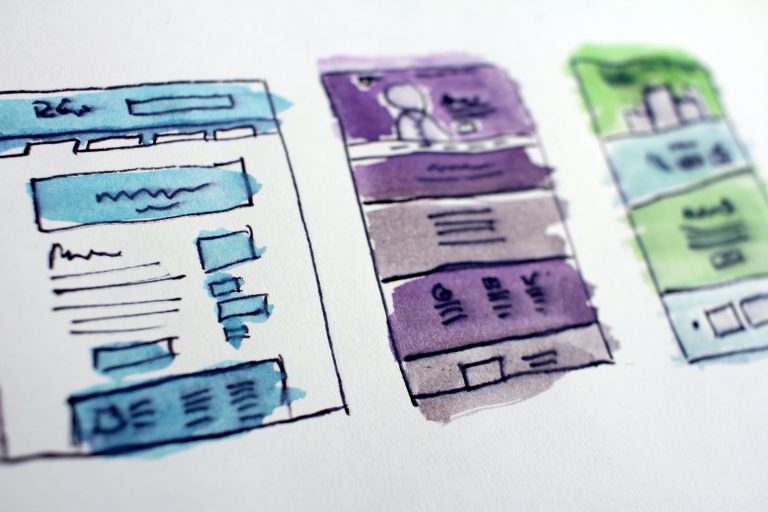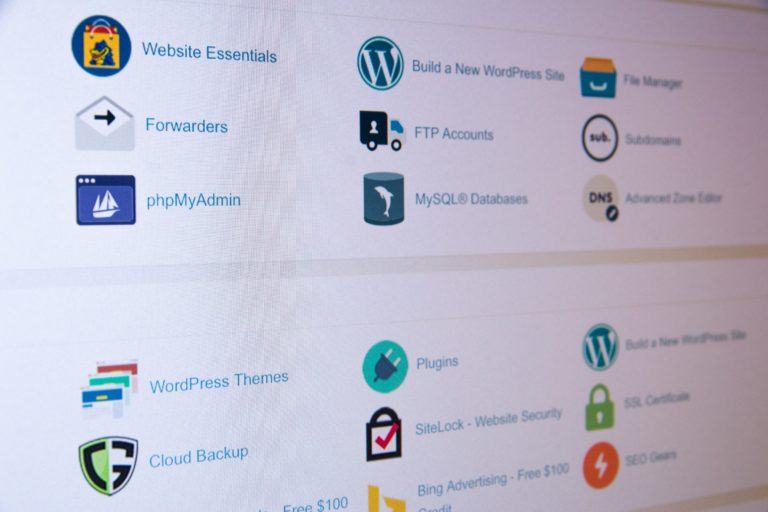The Best Marketing Automation Software
With so many moving parts in marketing, it is easy to overlook essential tasks or delay their delivery. That’s where marketing automation software come in. These softwares eliminate the need for marketing professionals to do repetitive tasks, helping them deliver timely marketing messages without missing a beat.
Marketing automation also enables users to track customer behavior to perfect the timing and optimize the effectiveness of their strategies.
A marketing automation software is a lot like an email marketing software in that it creates workflows and templates to handle many of the tasks. In fact, some of the marketing automation software on this list evolved from email marketing software.
Are these the best in the market?
While that depends on your needs and size, this list may have at least one that will be the best fit for you.
Active Campaign

ActiveCampaign is considered one of the top marketing automation platforms for small businesses and the first to introduce the visual automation sequence builder. It is a very useful tool for creating customized email autoresponders and workflows in minutes. The process is so intuitive that users can create complex automation sequences without any training or technical support. The machine learning capabilities built into the platform also automate the optimization of automation sequences making it a huge time saver.
However, autoresponders are just the start. Other aspects of your marketing that can be automated are contact management, triggered campaigns, automated segmentation, sales follow-ups, dynamic email content, and more. If you sign up for the built-in CRM, you can link it to all your email marketing data so sales teams can act quickly. Other features such as social data and lead scoring can also help to streamline the sales follow-up process.
ActiveCampaign does not offer a free version. Paid plans start at $7.50 a month for 500 contacts and include all the features you need to start with marketing automation whether you are a B2C, B2B, or eCommerce company.
Autopilot

Autopilot is a simple but quirky marketing automation software for building email automation sequences. The canvas for creating the sequences is unusual in that it uses stickers, emojis, and post-it-like notes for annotations. The resulting canvas can look a bit messy, but it works. The goal is to make it easy for teams to understand what is going on at any time. They can collaborate without a problem even a year down the road.
In addition, Autopilot lets you set goals for each sequence so that you can see how well you hit them with those sequences in the reports later. Autopilot also allows users to trigger actions in other tools within the platform, saving time by configuring integrations and streamlining sequences.
Other great features of Autopilot are the ability to drag and drop sequences without having to write code and the hundreds of automation templates you can use instead of building a sequence from scratch. It also does excellent work integrating notifications to social media, SMS, and WhatsApp into the automation sequences.
Autopilot has a customer data platform (CDP) that allows businesses to use customer data to segment audiences across the customer lifecycle and target these audiences with personalized messages across multiple channels. It also has business intelligence tools to help with business growth.
You might find it surprising that some big names have used AutoPilot at one point to create and manage their customer journeys. These include Microsoft, Greenpeace, Patreon, Typeform, and LiveChat.
Autopilot is fast and less complicated. The one thing it doesn’t have is a built-in CRM, but considering the price, this does not have to be a deal-breaker.
Autopilot has a free-forever plan for up to 2,000 contacts and everything you need to get started (with branding). Paid plans start at $29 a month (no branding).
Hubspot

HubSpot is one of the most recognizable marketing automation software out there. The user interface is highly intuitive, so non-techies can quickly get the hang of it. An excellent feature is the analytics function, which small and big business owners will appreciate as it tells them what campaigns are working well.
HubSpot has all the standard features that you would expect from marketing automation software such as email tracking, sales automation, sales pipeline management, customer relations management, outbound, and inbound marketing, lead management, contact management, and more.
However, it is with HubSpot CRM that you get all the goodies you need for efficient email automation. It has a visual dashboard that provides a real-time view of your sales funnel. Businesses can track customer behavior through social media, email, live chat, or phone calls, and each one goes into a lead timeline. The CRM tool allows lead generation and email marketing automation to help businesses create emails and see how each email performs.
HubSpot has free tools you can use for email marketing (with branding), but if you want marketing automation features, you need to get a paid plan. Paid plans start at $45 a month for 1,000 contacts, but you need the Professional plan, which starts at $800 a month for 2,000 contacts to get the full benefits of HubSpot. While Hubspot may be pricey compared to the other software on this list, it works well for small businesses that are seeing a steady increase in their marketing activity.
ConvertKit

If you are looking for something simple, ConvertKit is the tool you want. This marketing automation software has all the basic features you need to get started with automation. It works particularly well for individuals who deal primarily with content such as bloggers, authors, and musicians.
The purpose of ConvertKit is to send straightforward emails to subscribers, so it does not have any fancy email templates. Users create an email from scratch to send to their followers. However, it does have easy-to-use visual email automation features for scheduling the delivery of targeted content. When a subscriber joins the email list, ConvertKit automatically sends them a series of emails to welcome them, invite them to events, and so on. The emails that subscribers get will depend on their engagement with previous emails.
It sounds pretty basic, but if all you need is to let people know what’s what through email without having to jump through multiple hoops, ConvertKit is an excellent option for you.
ConvertKit has a free-forever plan for up to 1,000 subscribers with unlimited sends. Paid plans come with a free trial and start at $9 a month for up to 300 subscribers with advanced features that are not available in the free plan. If you are not happy with your paid plan, you can get your money back if you ask for it in the first 30 days of your subscription.
Omnisend

Omnisend styles itself as an all-in-one eCommerce marketing tool, and it certainly is popular with eCommerce companies. While the platform itself is not as well-designed as its competitors, it comes with critical features for eCommerce, particularly native integration with most major eCommerce platforms.
You can imagine how native integration with Shopify or Magento will save users a lot of time and effort, given that they can conduct marketing campaigns right from their eCommerce platform, track customer behavior, and generate reports on the performance of each campaign.
Omnisend also has integrations with Facebook Messenger and WhatsApp, which are always useful. In addition, its email templates specifically address common pain points and challenges of eCommerce marketers, such as cart abandonment.
Omnisend has positioned itself as the go-to software for marketing and email automation by focusing on developing most of its features to benefit eCommerce businesses. It’s a smart move given the competitiveness in the marketing automation software market.
Omnisend has a free-forever plan to access email marketing tools for up to 250 contacts, and 500 sends a month. Paid plans start at $16 a month. All plans have the same features (save for Advanced Reporting that is exclusive to its Pro plan), so take advantage of the free trial to see if it works for you.
SendInBlue

SendinBlue was a suite of transactional email tools before it evolved into marketing automation software. In fact, SendinBlue features in the Top 100 software companies of 2021 as identified by several review sites and rated as a Top Performer in the Marketing Automation for SMBs category by Capterra reviewer.
SendinBlue is very user-friendly, with a plethora of tools for creating and automating emails. It also has a drag-and-drop editor that newbies in email marketing will surely appreciate
SendinBlue includes an automation builder that is easy to use, and the deliverability is excellent. The AI-based marketing tools automate the sending of transactional and follow-up emails and the best scheduling of bulk emails.
Other features include a landing page builder, SMS marketing, sales CRM, live chat, and integration with Facebook ads. You can also purchase an SMTP bulk email marketing service to automate emails from a WordPress site. This can be very useful if you have a large website.
SendinBlue has a free version good for up to 300 emails a day (with branding) and unlimited contacts. Paid plans start at $25 a month for up to 10,000 sends, with no daily limit. If you want to take out the SendinBlue branding, purchase the Lite+ add-on for $12 a month. All plans come with unlimited contact storage.
Conclusion
Most marketing automation software come with amazing features that provide you with more scope than a standard email marketing platform. While some may be expensive and come with added features, others might allow you to customize your workflows better.
However, it is important to determine what’s essential for your business before making a purchase decision.


